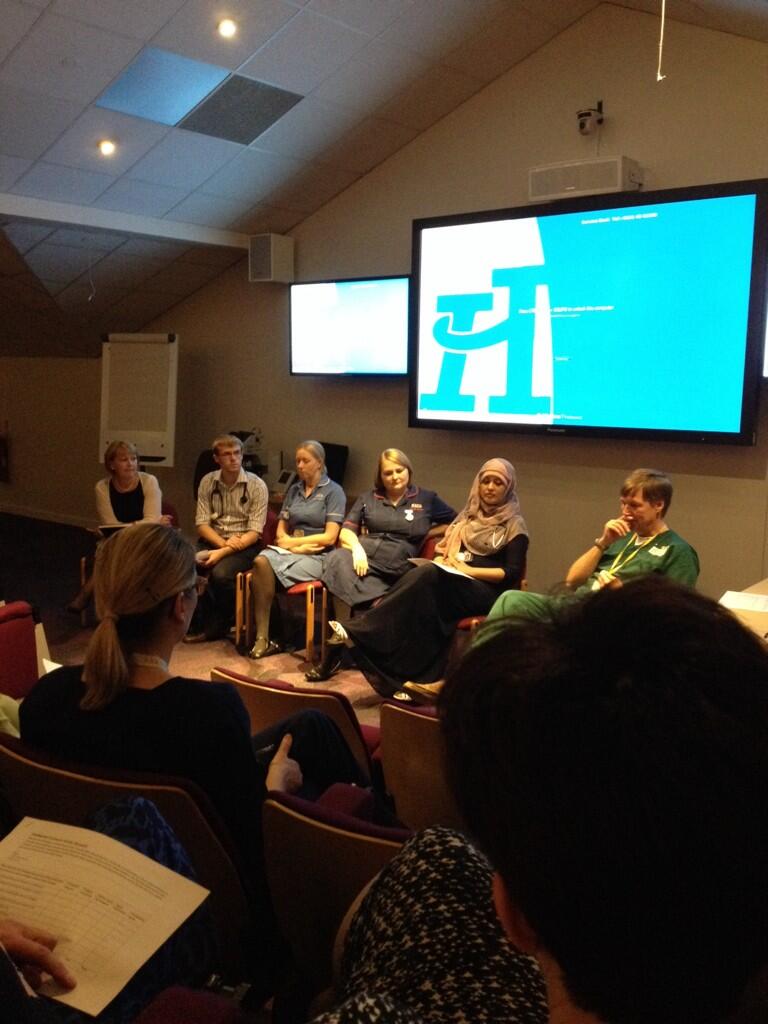Working in health care can be stressful to a degree rarely seen in other professions. We make decisions that have life and death implications and have to learn to live with ourselves on the rare occasions we get things wrong. We each have to develop our own strategies to deal with this – blocking, denial, distraction, overcompensation – and sadly these may affect the way we interact with patients.
NHS workers are not good at talking to each other about how they are feeling. The culture is “don’t moan” and “don’t hesitate to cope”. People who externalise their feelings are often considered to be a bit flaky. Schwartz Rounds were developed in the United States about 20 years ago by the Schwartz Centre for Compassionate Healthcare. The founder, Ken Schwartz, was a healthcare attorney who at the age of 40 developed terminal lung cancer. During the 10 months up to his death he wrote movingly about his experience in an article for the Boston Globe Magazine entitled A Patient’s Story. In it, he reminds caregivers to stay in the moment with patients and how “the smallest acts of kindness” make “the unbearable bearable.” He founded the Schwartz Centre in 1995 – just days before his death – to ensure that all patients receive compassionate and humane care.Schwartz Rounds are structured meetings for all members of the clinical and non-clinical staff, but not for patients. The one hour meetings consist of brief presentations form three or four staff members about a particular case or experience followed by a facilitated discussion. Two trained moderators make sure that the discussion is kept to the emotional aspects of caring and does not drift into problem solving or personal confrontation. Everything that is said during the meeting is regarded as confidential. Participants can talk about the process in general outside the meeting but must not attribute anything that is said to individuals. The Schwartz Centre web site sums up the principle nicely with this quote from a participant –“Schwartz Center Rounds are a place where people who don’t usually talk about the heart of the work are willing to share their vulnerability, to question themselves. The program provides an opportunity for dialogue that doesn’t happen anywhere else in the hospital.”
We have conducted four rounds in my organisation and I can tell you that they are wonderful. The participants all came out of the meeting feeling reenergised and supported. I am sure it will help them care more compassionately for their patients – at least for a while. These meetings address a serious and intractable problem. We will not make real progress in delivering more compassionate care for our patients until we understand and tackle the root cause of poor care directly and assertively.
Schwartz rounds are being rolled out in the UK by The Point of Care Foundation. They are a charitable foundation dedicated to improving patient experience. If you would like to know more about Schwartz rounds their web site is a good place to start.


